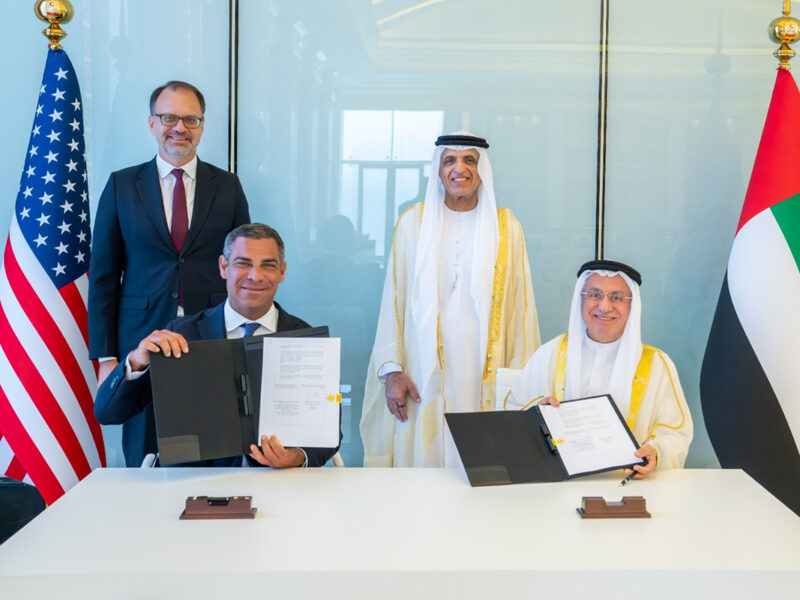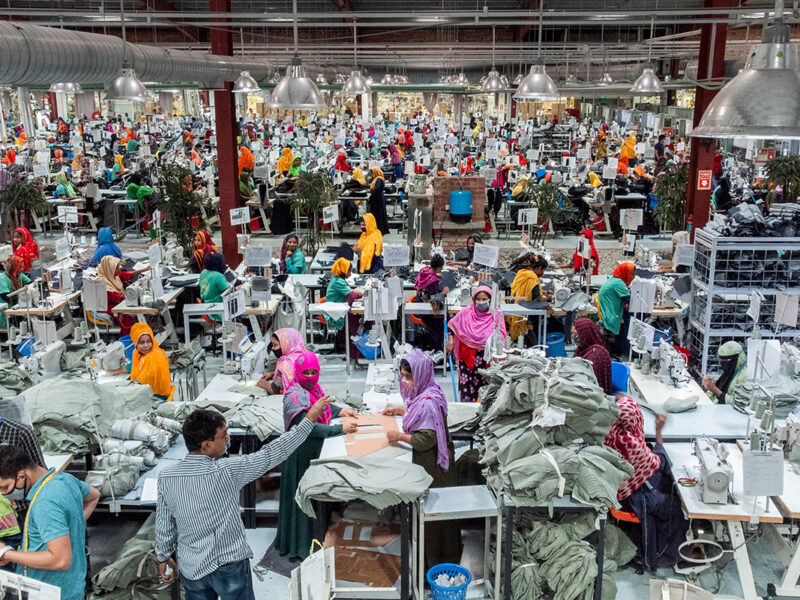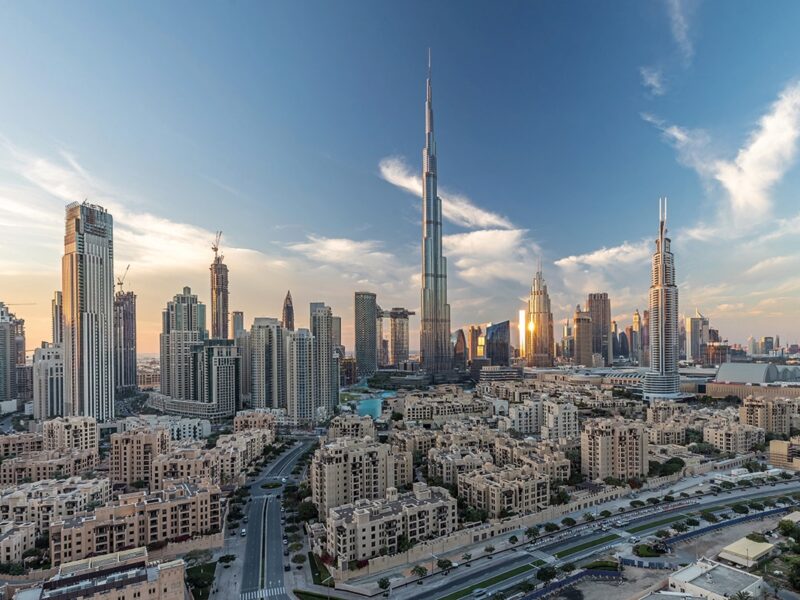The US will send a “moderate” number of American troops to the Middle East and additional missile defence capabilities to Saudi Arabia in response to last weekend’s attack on oil facilities, top Pentagon officials said.
Secretary of Defence Mark Esper said Friday that the decision came at the request of Saudi Arabia and the United Arab Emirates and represented a “first step” in the US response.
He reiterated US statements that evidence collected to date shows Iran was responsible for the attacks. The briefing by Esper and General Joseph Dunford, chairman of the Joint Chiefs of Staff, followed a meeting of national security officials at the White House.
“Iran is waging a deliberate campaign to destabilize the Middle East,” Esper told reporters at the Pentagon. He added that the US has shown “great restraint” in responding so far, but called the strike on Saudi Aramco facilities on Saturday a “dramatic escalation.”
Esper and Dunford are still deciding on the specific number of troops and weapons systems but said the personnel deployment will be relatively small, not numbering in the thousands, and that more details would be forthcoming.
In addition to the US missile defense assistance, Esper said “we are calling on many other countries who all have these capabilities to do two things – stand up and condemn these attacks” and also contribute equipment.
US and Saudi analyses of the attack have described the strike as complex, involving a mix of low-flying drones and cruise missiles coming from the north. The attack exposed glaring vulnerabilities in Saudi Arabia’s defence capabilities despite having spent hundreds of billions of dollars on weaponry in recent years.
Saudi Arabia has already taken delivery of Patriot-3 hit-to-kill missiles bought years ago and designed to defend against cruise and ballistic missiles. The kingdom earlier this year finalized a long-sought after contract for Lockheed Martin Corp.’s Thaad missile interceptors designed to intercept ballistic missiles at higher altitudes. It’s not known whether any Thaad batteries have been delivered.
“No single system is going to be able to defend against a threat like” the combination of systems launched against Saudi Arabia last week, Dunford said. “But a layered system of defensive capabilities would mitigate the risk of swarms of drones or other attacks that may come from Iran.”
During a news conference earlier on Friday, President Donald Trump signaled he’s trying to avoid a military conflict. Trump campaigned in 2016 on getting the US out of Mideast conflicts and he’s repeatedly criticized the second US invasion of Iraq.
“I will say I think the sanctions work, and the military would work,” Trump told reporters. “But that’s a very severe form of winning.”
After Houthi rebels in Yemen claimed credit for the strike, Saudi and US officials said that the drones and missiles used were made by Iran, had never before been deployed by Iranian proxy groups, and came from a northerly direction, ruling out Yemen as a launch site. Secretary of State Michael Pompeo has repeatedly said Iran was responsible for the attack.
As tensions surged, Iranian Foreign Minister Mohammad Javad Zarif warned that any US or Saudi strike on his country in response to the attacks on the kingdom’s critical oil facilities would lead to “all-out war.” “I know that we didn’t do it,” he told CNN.
He later said in a post on Twitter that it was “curious” the Saudis “retaliated” against Yemen when Iran was blamed for the attacks. “It is clear that even the Saudis themselves don’t believe the fiction of Iranian involvement.”
Pompeo returned early Friday from a two-day trip to Saudi Arabia and the UAE, saying he wanted to begin building a coalition that would organize a response to Iran. On Friday the Treasury Department announced it is sanctioning Iran’s central bank and sovereign wealth fund, a move aimed at squelching any remaining trade the country conducts with Europe and Asia.









